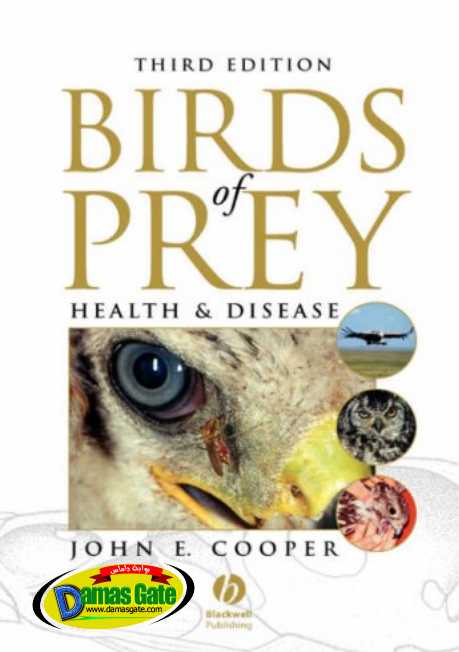
Preface
I am writing the closing parts of this book in
Uganda, where Margaret and I have been teaching.
I look out on Lake Victoria, that immense stretch
of water that is bordered by the three East African
countries that have been so much part of our lives.
Black kites soar overhead, an African goshawk darts
through the trees and fish eagles call from the
water’s edge. These sights and sounds are salutary
reminders of the beauty and splendour of birds of
prey and of the intricate webs of life that comprise
biodiversity.
This book has had a long and rather unusual
metamorphosis.
Since childhood I have had a fascination with
natural history and wildlife. Birds of prey had always
excited me but it was not until 1959, when (as a
schoolboy aged 15) I found an injured kestrel in
Devon, England and took it home for nursing and
eventual release, that I first came into close contact
with a live raptor. I was introduced by my mentor,
the naturalist and broadcaster, Maxwell Knight, to
Paul Jacklin who was a practising falconer. Paul
taught me how to handle a hawk and subsequently
trained me in falconry techniques. As a
young veterinary student and Associate of the British
Falconers’ Club in the early 1960s, I found myself
in demand to examine members’ birds that had died
and to give first aid treatment to hawks that were
unwell. There were then very few veterinary surgeons
with an interest in the subject – and, sad to
relate, even fewer with any special knowledge of
birds of prey.
Download
http://s9.alxa.net/s9/srvs3/01/001/B...rey.Health.rar